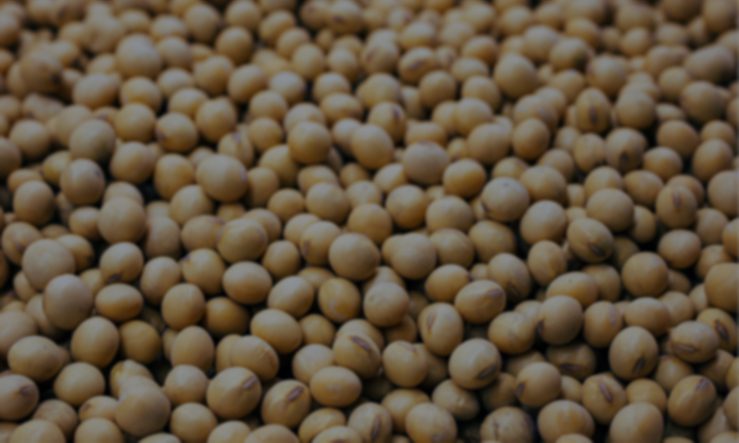Water Quality Matters
As an Ohioan, I appreciate the things that make our state unique including the businesses and recreational opportunities afforded by Lake Erie. As a farmer, I appreciate that agriculture is an integral part of our state’s economy and a large part of our history.
Most Ohio farms are steeped in tradition and have been handed down through many generations. While we may have saved one of great grandpa’s old tractors, we have come a long way from the farming practices used during his time. With each generation we learn more and strive to do better — better for our families, better for the environment, better for our communities and with a renewed focus, better for our water.
On our farm we have implemented cover crops, which doubles as forage for our beef cattle operation. We’ve also had buffer strips on our farm for close to 15 years, which we will continue to enhance through funding from Ohio Senate Bill 299. If you live in the Western Lake Erie Basin, I strongly recommend reaching out to your local soil and water conservation district office to learn more about the new programs created through SB 299 and how you can use them on your own farm.
We put these plans into action because we believe in being part of the solution, but it takes time to accomplish a goal this big. Our efforts are focused on soil health through nutrient management. As the Chairman of the Board of Directors for Luckey Farmers Cooperative, I am proud to work not only personally, but professionally toward better soil health as one of two co-ops in the Western Lake Erie Basin selected to participate in a pilot program for nutrient management.
Like many of you, we often take our access to clean, fresh water on a daily basis for granted, but on a warm July afternoon working outside under the hot sun, I can tell you we are thankful for that cool drink of water. And those nights we come in after a long day in the field or shop with dirt under our fingernails and dust mixed with sweat on our forehead we are grateful for that cleansing shower.
I consider it a privilege to be a farmer and be able to work so closely with nature and hope to preserve the land, water and resources that make this state a great place to live, work and play. Our lake did not arrive in this position overnight and it will not be fixed with a magic solution. It’s going to take hard work from everyone involved.
Ohio grain farmers have embraced new farming priorities and practices in order to keep nutrients on the field, have invested in scientific research and new farming equipment, and are applying less phosphorous on their fields than ever before. Research and education funded by Ohio’s corn, soybean and wheat farmers include the 4R Nutrient Stewardship Certification Program, edge-of-field water quality testing and updating the Tri-State Fertility Guide. To date Ohio’s grain organizations have invested over $5 million toward water quality research and education.
On our farm and at our co-op, we live nutrient management every day. I know myself and my fellow farmers want to be part of the conversation because we’re focused on being part of the solution.
Nathan Eckel
Wood County Farmer

